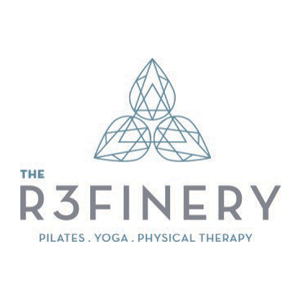Signs You Should See a Therapist For Your Anxiety
Anxiety disorders are among the most prevalent mental health disorders in the United States. These disorders affect over 18 million adults every year (according to the ADAA). If you’re struggling with anxiety, keep an eye out for these signs that it’s time to contact a therapist.
You Are Losing Control of Your Anxiety
It’s common for people to stop seeing a therapist once they feel that their symptoms are improving. They may opt to see a psychologist that prescribes medication as well. If you notice that your medication is no longer working or you can’t seem to control your anxiety, it’s important to speak with a therapist.
You’ve Experienced a Traumatic Event
Individuals with an anxiety disorder are more likely to suffer from PTSD. Those that already have PTSD are more likely to be traumatized from chaotic events than those that do not have PTSD. If you have an anxiety disorder, and recently experienced a traumatic event, it’s important to speak with a therapist.
Your Anxiety is Impacting Your Life
Anxiety symptoms can quickly take over a person’s life. They can make it hard to go to work or school. Symptoms that are disrupting your life or preventing you from living your life to the fullest need to be addressed. Anxiety therapists can do just that.
Thoughts of Hurting Yourself or Others
Any time you feel the urge to hurt yourself or other people, it’s important to seek help immediately. Anxiety therapists can help you identify where those urges are coming from, and make referrals to other professionals as needed.
When Anxiety is Affecting Your Parenting
Living with anxiety is difficult. Parenting children while maintaining your anxiety is even harder. If you need help learning how to do both, it’s time to give a therapist a call. Anxiety therapists can help you learn to manage both your life and your anxiety.
You Need Help Learning to Manage Anxiety Symptoms
Anxiety therapists are packed with useful information and tools that they can teach you to better manage your symptoms so that you can live your best life. If you have yet to learn the tools to use or simply would like to know more, contact anxiety therapists in your area today.
The post Signs You Should See a Therapist For Your Anxiety appeared first on Presence Of Mind Therapy.






















Share On: